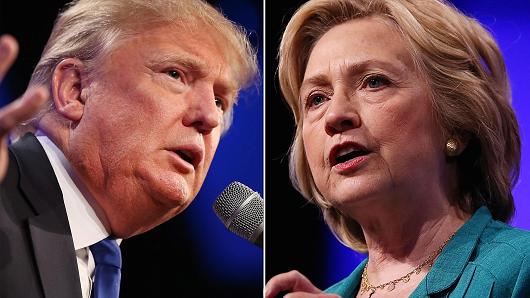At the Democratic debate in Des Moines, Iowa, Senator Bernie Sanders and Governor Martin O'Malley expressed support for a $15 an hour minimum wage, while Secretary Hillary Clinton said she would raise the federal minimum wage to $12, but she also supports state and local fights for $15 in places "that can go higher" like Seattle, Los Angeles, and New York City.
At the Republican debate in Milwaukee, Wisc., it was a very different story. Moderator Neil Cavuto referenced "Fight for $15" protests outside the debate venue and asked Donald Trump if he was sympathetic to the cause. Trump responded that he was not. He said, "…[with] wages too high, we're not going to be able to compete against the world. I hate to say it, but we have to leave it the way it is." Dr. Ben Carson agreed saying, "Every time we raise the minimum wage, the number of jobless people increases." Senator Marco Rubio joined the opposition chorus, calling raising the minimum wage "a disaster."





